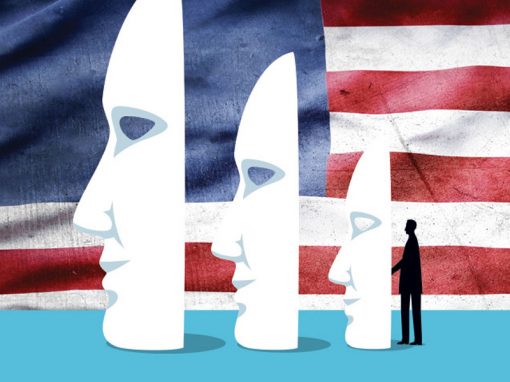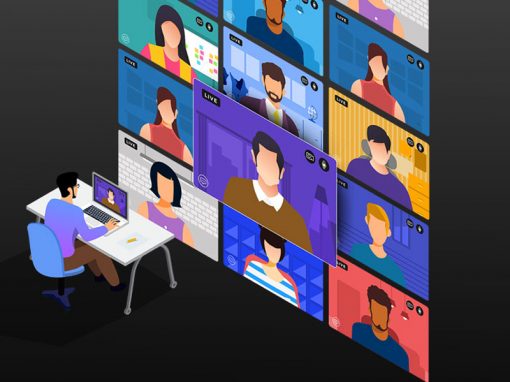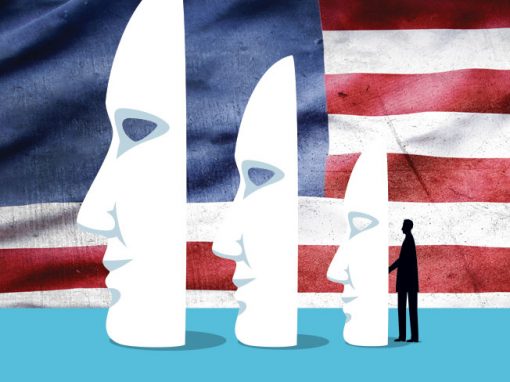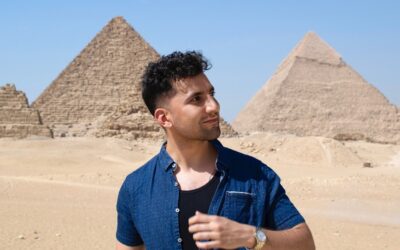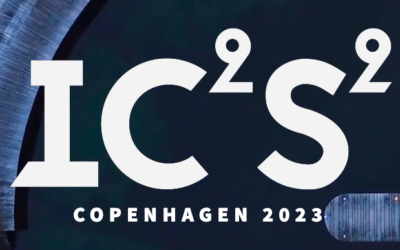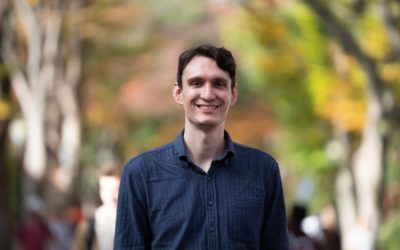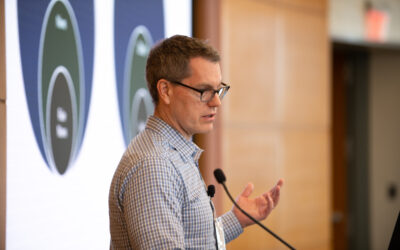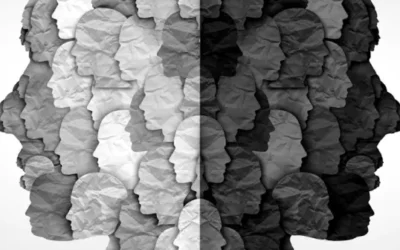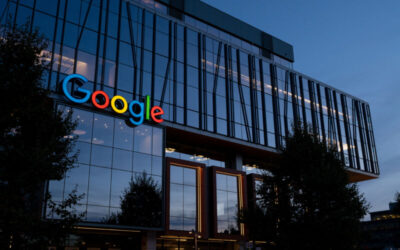Project Ratio
“Fake news,” broadly defined as false or misleading information masquerading as legitimate news, is frequently asserted to be pervasive online with serious consequences for democracy. The rise of fake news highlights the erosion of long-standing institutional bulwarks against misinformation in the internet age. Particularly, since the 2016 US presidential election, the deliberate spread of misinformation on social media has generated extraordinary concern, in large part because of its potential effects on public opinion, political polarization, and ultimately democratic decision making. Inspired by “solution-oriented research”, the project Ratio aims to foster a news ecosystem and culture that values and promotes authenticity and truth.
However, proper understanding of misinformation and its effects requires a much broader view of the problem, encompassing biased and misleading–but not necessarily factually incorrect–information that is routinely produced or amplified by mainstream news organizations. Much remains unknown regarding the vulnerabilities of individuals, institutions, and society to manipulations by malicious actors. Project Ratio measures the origins, nature, and prevalence of misinformation, broadly construed, as well as its impact on democracy. We strive for objective and credible information, providing a first-of-its-kind at scale, real-time, cross-platform mapping of news content, as it moves through the “information funnel,” from news production, through distribution and discovery, consumption, and absorption.
%
Before the 2016 Election
%
After the 2016 election
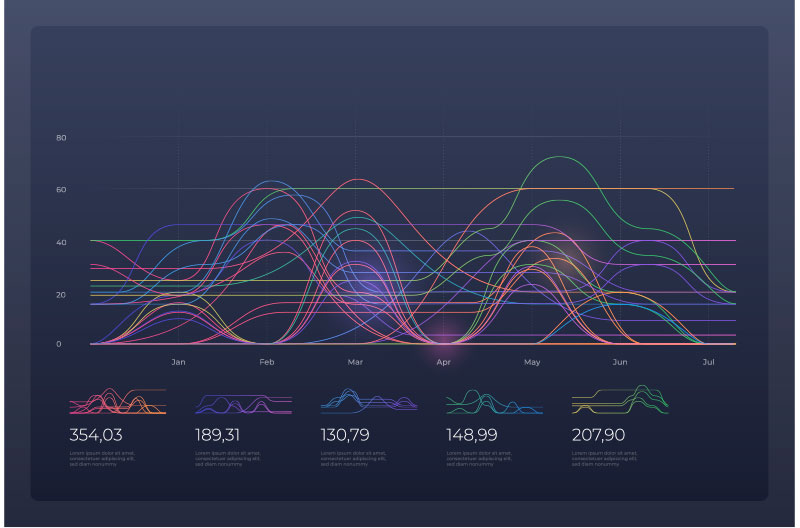
Lorem ipsum dolor sit amet, consectetur adipiscing elit. Aliquam tincidunt nunc ut hendrerit volutpat. Duis auctor scelerisque neque, eget condimentum enim semper vitae.
KEY RESEARCHERS
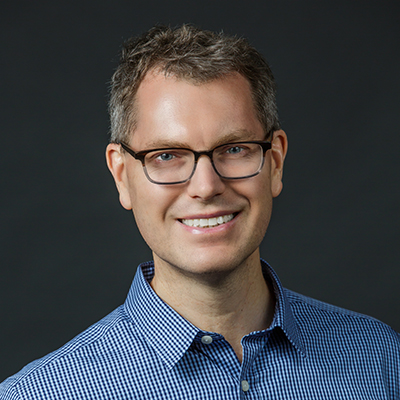
Duncan Watts
Stevens University Professor & twenty-third Penn Integrates Knowledge Professor

David Rothschild
Research Scientist @ Microsoft
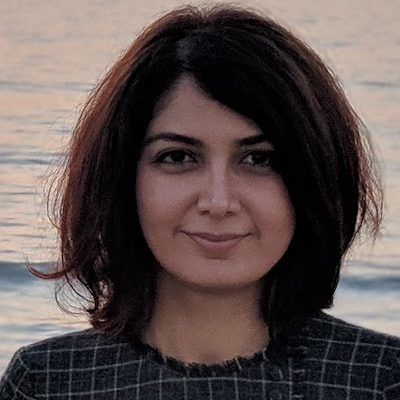
Homa Hosseinmardi
Research Scientist
![]() PUBLICATIONS
PUBLICATIONS
Rebuilding legitimacy in a post-truth age
Duncan J. Watts and David Rothschild.
The current state of public and political discourse is in disarray. Outright fake news stories circulate on social media. The result has been a called a post-truth age, in which evidence, scientific understanding, or even just logical consistency have become increasingly irrelevant to political argumentation.

Don’t blame the election on fake news. Blame it on the media.
Duncan J. Watts and David Rothschild.
Since the 2016 presidential election, an increasingly familiar narrative has emerged concerning the unexpected victory of Donald Trump. Fake news, was amplified on social networks. We believe that the volume of reporting around fake news, and the role of tech companies in disseminating those falsehoods, is both disproportionate to its likely influence in the outcome of the election and diverts attention from the culpability of the mainstream media itself.
The science of fake news
David M. J. Lazer, Matthew A. Baum, Yochai Benkler, Adam J. Berinsky, Kelly M. Greenhill, Filippo Menczer, Miriam J. Metzger, Brendan Nyhan, Gordon Pennycook, David Rothschild, Michael Schudson, Steven A. Sloman, Cass R. Sunstein, Emily A. Thorson, Duncan J. Watts and Jonathan L. Zittrain.
The rise of fake news highlights the erosion of long-standing institutional bulwarks against misinformation in the internet age. We discuss extant social and computer science research regarding belief in fake news and the mechanisms by which it spreads.
![]() DATA
DATA
DATA OVERVIEW
The burgeoning and rise of big data results in salience of the quantity of data, nourishing the soil for qualitative research and analysis, addressing social, economic, cultural and ethical implications and issues of social science. Converging computer science and social science, the project Ratio suggests use-inspired intellectual research style and data-driven methodological directions for computational social science, yielding a diversity of perspectives on explanation, understanding, and prediction of information flow and impact. Collaborating with various data providers, currently including Nielsen, PeakMetric, TVEyes and Harmony Labs, we seek to establish a large-scale data infrastructure for studying the production, distribution, consumption, absorption in the information ecosystem, illuminating each aspect of research on “fake news” in-depth and in-width.
Researcher Spotlight: Jorge Barreras Cortes
Having just earned his Ph.D. in applied math in December, Jorge “Paco” Barreras Cortes kicks off 2023 as a fully fledged post-doctoral researcher at the CSSLab. He has driven the Lab’s work on epidemic modeling since 2020, grappling with the types of data, machine learning, and network science quandaries that underpin the toughest challenges in the field. Read on to learn more about his research journey in this month’s Researcher Spotlight.
Two CSSLab projects receive Analytics at Wharton grant funding
Linnea Gandhi and Emily Hu, both PhD students in Wharton’s Operations, Information and Decisions Department (OIDD), have received AAW funding for their work at the CSSLab.
Call for Abstracts opens for IC²S² 2023
Abstract submissions are now open for IC²S² 2023, the premier conference for interdisciplinary researchers interested in using computational and data-intensive methods to address societally relevant problems.
How Data Analytics Can Help Deliver Social Good
The second of this year’s Beyond Business panels explored how data science innovations are bringing solutions to previously intractable social problems.
From Crisis Communications to Dissecting a Decade of TV News
Sam Wolken, a joint doctoral student in Communication and Political Science, studies public opinion, local news, and politics.
Duncan Watts speaks at 6th-annual Psychology of Technology Conference
Duncan Watts presented ongoing research on the media ecosystem, part of PennMAP, to a group of interdisciplinary scholars studying how technology is changing the human experience.
CSSLab receives Templeton grant for Open-Science Platform
The CSSLab has received a research grant from Templeton World Charity Foundation for the ongoing development of “An Open-Science Platform to Improve Deliberation and Reduce Polarization.”
Emma Arsekin expands role as Senior Communications Specialist
As 2022 draws to a close, we celebrate Emma Arsekin, who will be continuing her work at the CSSLab...
CSSLab receives Google Research grant for YouTube News Modeling
The CSSLab has received a $20,000 research grant from Google Research for its project “Modeling YouTube Users’ Production & Consumption of News,” an ambitious project to illuminate the supply-demand mechanics of the YouTube news ecosystem.
What we learned from Philadelphia’s vaccine lottery
Whether developing a safe vaccine or figuring out how to encourage its adoption, the same scientific method — systematically experimenting to see what works and what doesn’t — is key.
